Subsidy removal: Petrol may hit N800/litre from June, stakeholders doubt FG
• IPMAN says Buhari yet to honour palliative agreement for CNG, LPG
Nigeria may see a foreign exchange gap hovering around $15.1 billion as the Federal Government plans to remove subsidy on the premium motor spirit (PMS) in two months.
This comes as marketers have insisted that unless a practical framework is designed to manage the transition to a deregulated market, the crisis caused by the naira redesign policy may resurface.
About $15.1 billion (N7 trillion) is spent yearly to import PMS alone. The Nigerian National Petroleum Company Limited (NNPCL) funds the spending by being the sole importer.
Last year, only about $1.3 billion was provided by the Central Bank of Nigeria (CBN) for fuel import, which went mostly into diesel and kerosene.
Former chairman of the Oil Marketers Association of Nigeria (MOMAN), Tunji Oyebanji, said marketers are currently in the dark as to how the Federal Government intends to manage the imminent deregulated market and feisty FX crisis.
Subsidising FX for marketers may not be different from the PMS subsidy regime. Besides, the Central Bank of Nigeria (CBN) may not have the liquidity buffer to fund PMS imports whereas sourcing dollars from the parallel market could be challenging and expensive.
The average cost of PMS in Chad, Cameroun, Benin and Ghana, where much of subsidised Nigerian fuel is smuggled to, which as well is used as reference by anti-subsidy advocates, is $1.078 per litre. If Nigerian marketers sell below the threshold, there could be market disincentive.
If the marketers get FX from the subsidised Investors’ and Exporters’ (I&E) FX window, which is not likely for liquidity and other hiccups, a sub-regionally competitive PMS price could peg at about N500. But when benchmarked against the parallel market, PMS will sell for within N780 and N800 band.
According to him, marketers do not know if the CBN would provide forex to them or if NNPC would remain the sole importer of the product.
Oyebanji noted that whichever approach the government would take, if not made known, the country would face a crisis similar to the situation witnessed a few months ago when it tried to implement the naira redesign policy.
“We are saying that there has to be a very clear roadmap so that all stakeholders can be carried along. For me, this is very critical.
Subsidy Removal
“For example, at the point we will remove subsidies, will other products be imported? We can’t wait until the day subsidy will be removed before we know. If they are importing we need to have placed an order. If NNPC will be importing, we need to know. Everyone needs to be on the same page,” Oyebanji said.
Oyebanji, who insisted that the industry regulator must encourage investment instead of discouraging investment, said there was a need to provide a level playing field.
According to him, a situation where NNPC remains the dominant player while others are crippled is not ideal.
While the Federal Government has already taken $800 million loan for palliative that would ease subsidy removal, which is expected to kick off in June, barely three days after a new government gets into office, the concern for most marketers is the lack of clarity from government on how it expects to deal with the market and the import side of the market.
Energy expert, Henry Adigun, said the country would experience serious economic catastrophe and challenge if the new government adheres to removing subsidy on petrol as planned by the ongoing administration.
Although the President Muhammadu Buhari-led government has gone to borrow $800 million as a palliative for subsidy removal, Adigun said the best approach for the incoming government is to set up a subsidy removal transition process.
“I do not think the subsidy removal will be immediate on handover. That would cause a significant economic crisis and social disruption. The challenge will not be limited to supply. There will also be potential for extortion of Nigerians.
“The best approach for Bola Tinubu is to set up a transition process. Supported by a phased withdrawal and good stakeholders’ engagement,” he said.
Member of the leadership of the Independent Petroleum Marketers Association of Nigeria (IPMAN), Abubakar Shettima, said the price of PMS would rise to about N800 per litre as soon as the subsidy is removed.
According to him, although a meeting was heard last year with the president on the provision of palliative that would enable the marketers’ transit towards a business model that would include compressed natural gas and liquefied petroleum gas across retail outlets, nothing has been heard of the plan.
He expressed worry over his members’ investment, adding that the marketers are currently indebted and the situation may worsen if the transition to a deregulated regime is not properly planned.
Abubakar is also worried if the proposed market for autogas would thrive in Nigeria, stressing: “We don’t know how this will work and we have not received the palliative promised by the president.
National President of Petroleum Products Retail Outlets Owners Association of Nigeria (PETROAN), Dr. Billy Gillis-Harry, said the government must bring everyone including the consumers together to determine how that deregulated regime would work.
He feared that the impact of the removal would hit Nigeria badly without local refineries, adding that there’s no feasible plan on how the subsidy removal would work.
Gillis-Harry said: “Government needs to get serious and come clear on what has to be done. There has to be a level playing field for forex and other things. If we have to source for forex ourselves the price of PMS will be about N800 per litre.
Former President of Chartered Institute of Bankers of Nigeria (CIBN) and professor of economics at Babcock University, Segun Ajibola, noted that the projected import bill of $15 billion is mere anticipatory of the change in the status quo that may shift come June 2023 for several reasons.
The reason, according to him, was that the new government may tarry a bit to enable it to assess the facts surrounding the matter of subsidy holistically. “Hence the June 1 date for removal of subsidy may not be cast in stone after all. I believe the many loopholes, especially product leakages through the borders, will be checked to reduce the acclaimed daily volume of consumption.
“This will bring down the projected import volume and if eventually the local refineries are refurbished and resume production and Dangote Refinery commences operation, the combined effect would be a reduction in reliance on imported petroleum products,” he said.
Ajibola said there was no need for marketers to panic given “the quality and antecedents of the incoming administration,” adding “can be expected that the most realistic decision would be taken in the interest of all stakeholders come June 2023.”
He asked marketers to stick to the current operating template until otherwise advised or it becomes inevitable to shift from the status quo.
An energy economist and professor at the University of Ibadan, Adeola Adenikinju, noted that the planned removal of fuel subsidy is inevitable to preserve the fiscal and monetary stability of the country. He said the removal must be done responsibly with a lot of openness and communication.
“Fuel subsidy removal must be accompanied by full liberalization of the sector, including incentives for private local refineries. NNPC Ltd should be allowed to run the refineries as profit centres not as government loss centre as is currently obtained,” he said.
Renowned professor of Petroleum Economics and Policy Research, Wunmi Iledare, said the marketers who have been asking for deregulation should make their transition plan.
“They have been asking for deregulation and one expects them to have mapped out the strategy to adapt to the new reality. You will recall I have asked for partial deregulation or gradual deregulation for years.
“Right after the Petroleum Industry Act (PIA) came on stream, I suggested price modulation as a transformational phase with a dual market system then. One for NNPC Limited and the others. Deregulation will be difficult with NNPCL as the sole importer for all retailers.
“So, let the marketer bring products and sell at the market clearing price. Let NNPCL sell at marginal cost pricing to guarantee to accept a return on investment using price modulation for a short while,” Iledare said.
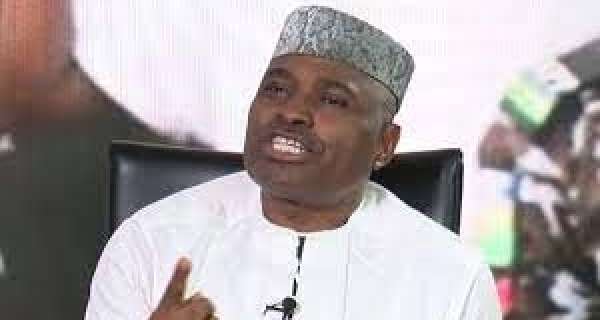

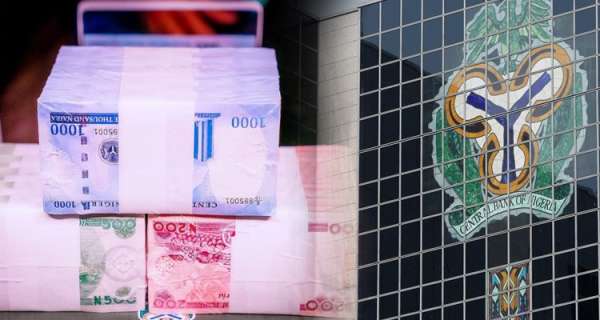

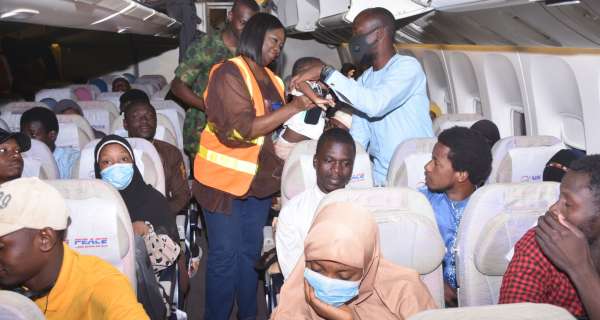
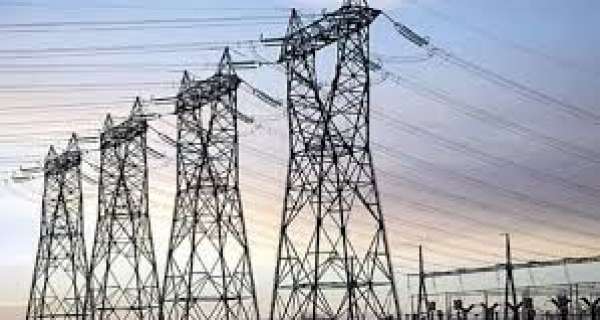

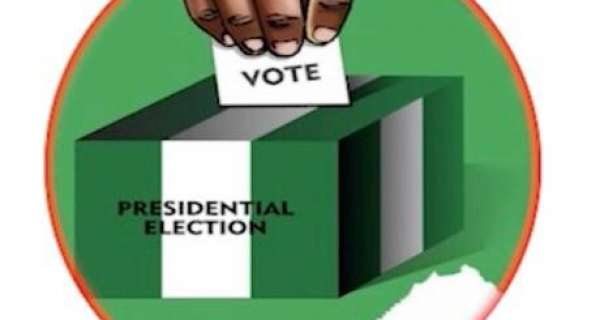
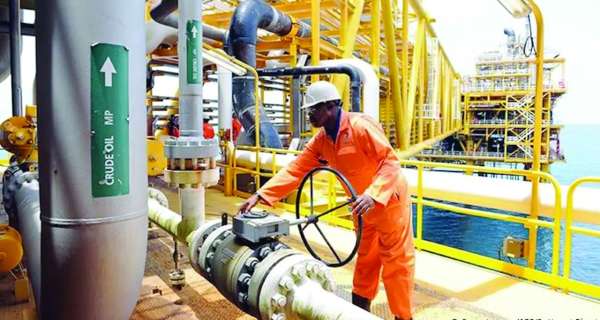


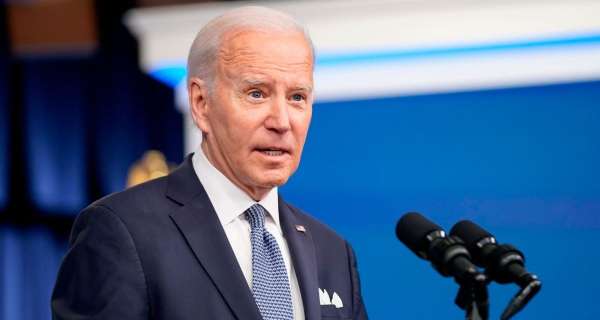
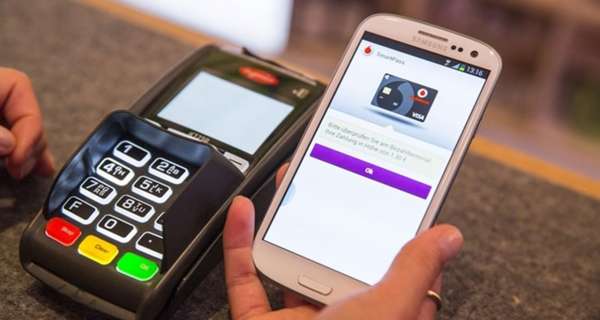
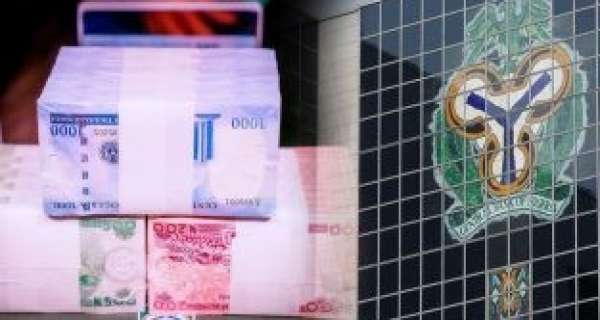
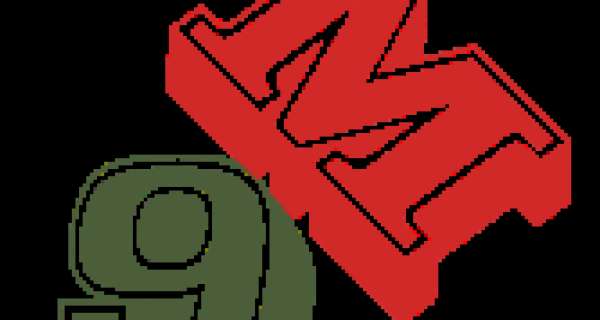




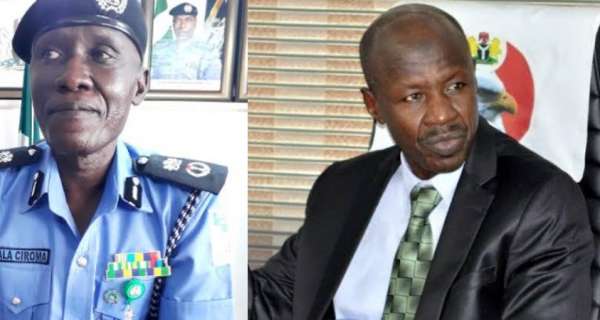
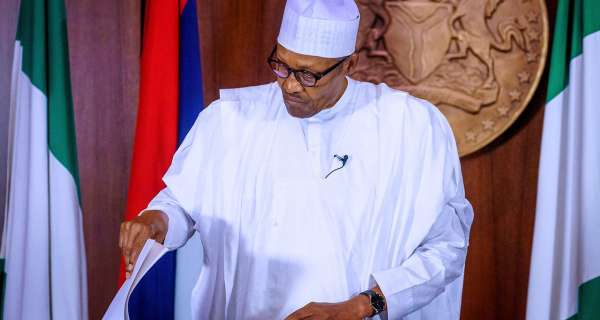
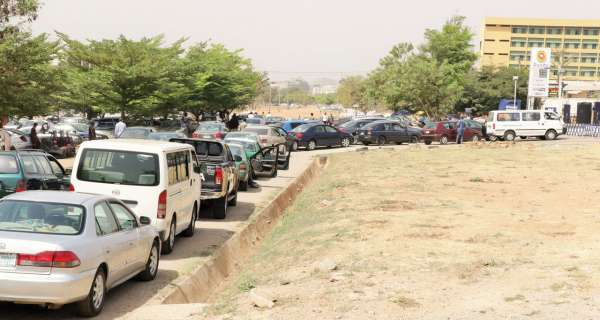


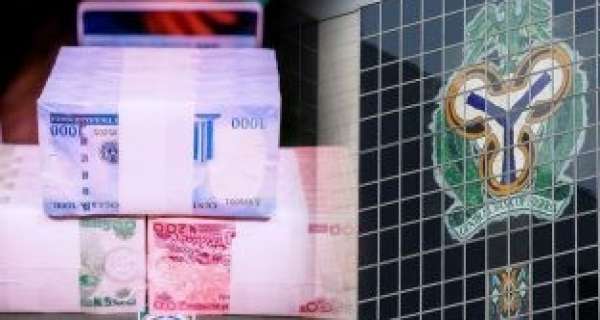

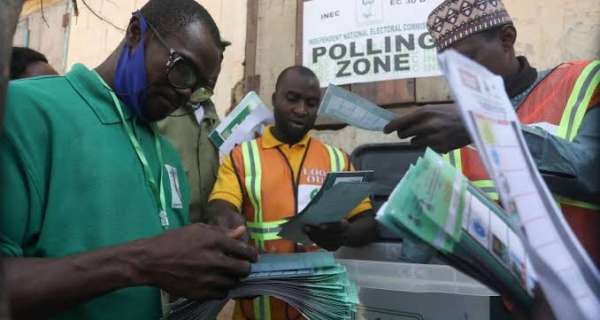

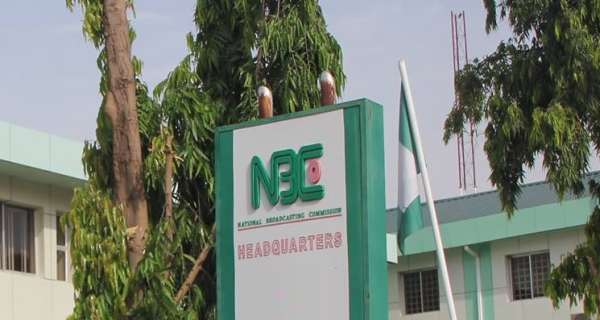

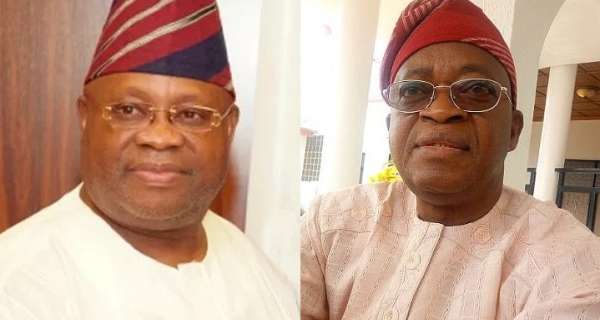
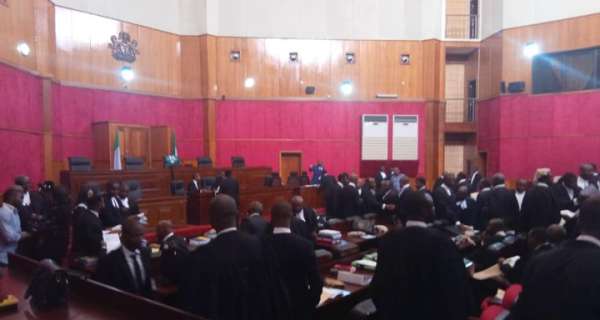


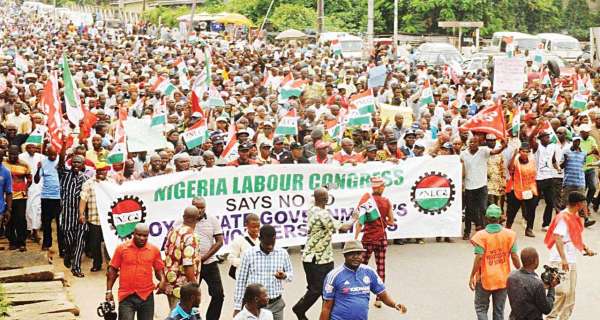
0 Comments